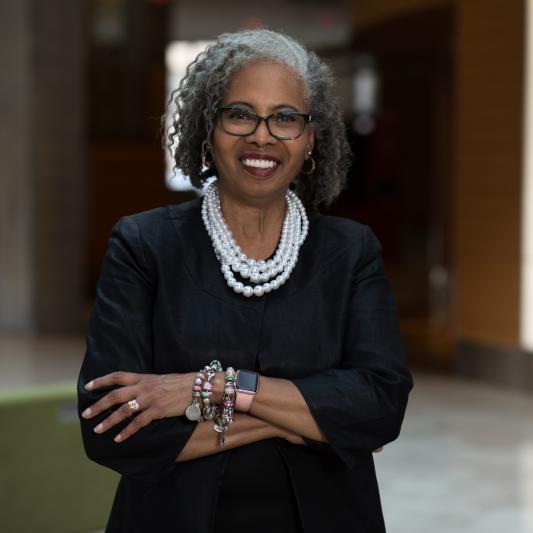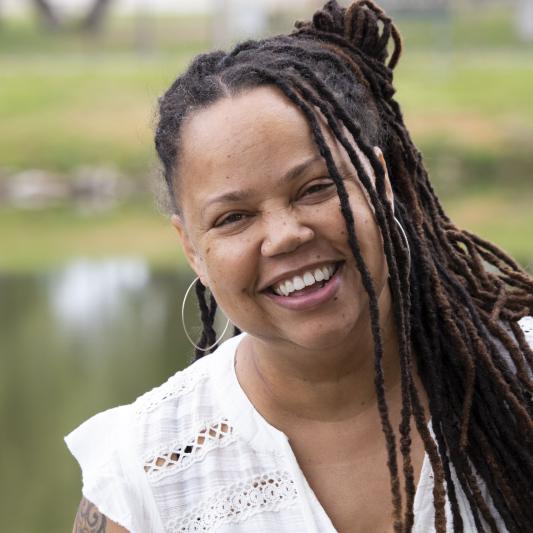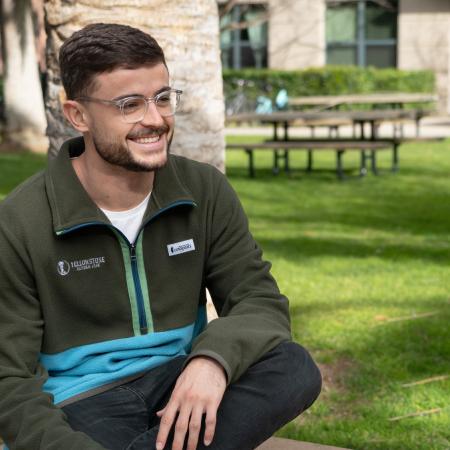
Gloria Ladson-Billings
In the 1950s, when Gloria Ladson-Billings was a fifth-grader at a segregated Philadelphia public school, her teacher broke with the school curriculum to regale her students with tales of accomplished black Americans who weren’t mentioned in textbooks. “One of us would stand sentinel at the classroom door, and she’d say, ‘If the principal comes, turn to page 127 in the U.S. history book [and pretend to be learning that],’” says Ladson-Billings, PhD ’84, and professor emerita at the University of Wisconsin at Madison School of Education.
From that experience as a ten-year-old, she grew to question not only how race and ethnicity were traditionally taught to young students but also who was doing the teaching. In the 1990s she became renowned for her groundbreaking research into what makes teachers of black students successful and for introducing the concept of culturally relevant pedagogy (CRP), a way of engaging all learners who are outside the mainstream.
Over time, Ladson-Billings has seen her approach evolve as it has been embraced. “A real scholar knows that his or her work will grow and change over time,” says Ladson-Billings, who will receive the GSE’s 2019 Alumni Excellence in Education Award on Friday, October 25, and will join the GSE in April 2020 as the first Race, Inequality, Language and Education (RILE) visiting faculty. “What matters is that we are thinking about the way teachers teach, and looking at students of color not as somehow defective or lacking but as whole people who bring different perspectives to the world.”
Marcus Miles Photography



